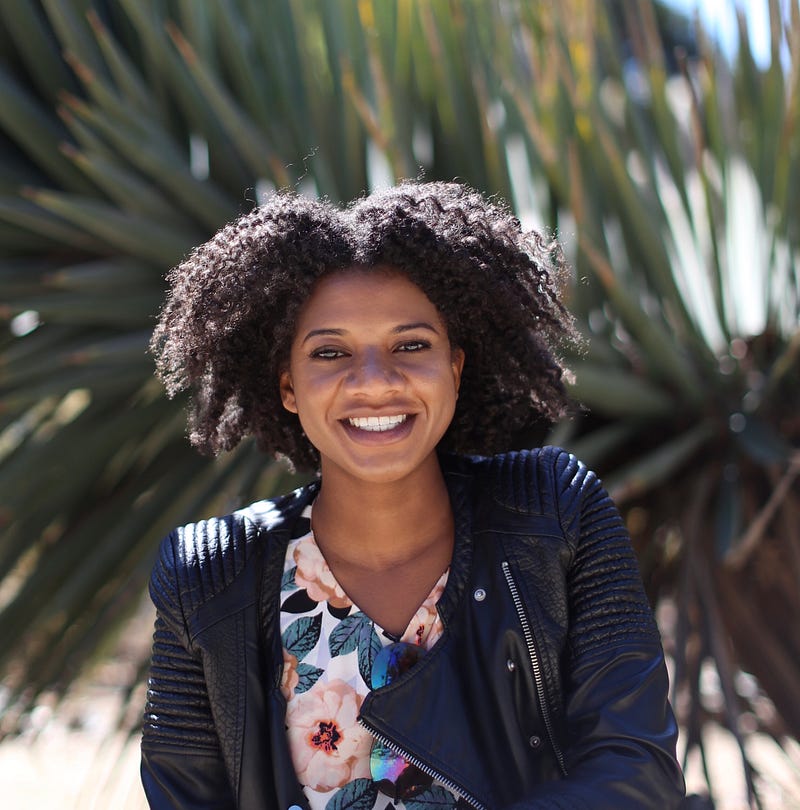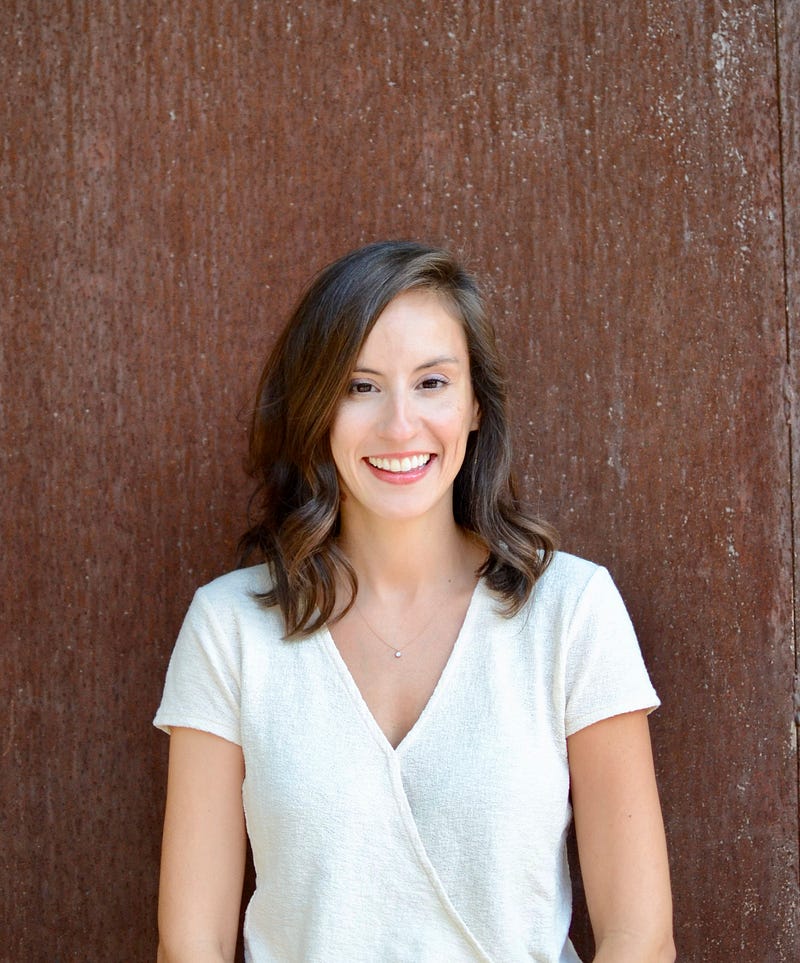A Sense of Belonging
To meet the demands of corporate hiring — and to meet the current moment — McCombs works to cultivate a more representative student body and faculty.
By Alberta Phillips

Meet Taylor S. Brown, the face of a changing culture at the McCombs School of Business. Brown, a solutions consultant associate for NetSuite, will join McCombs’ part-time faculty in January 2021. At 25, she is part of a new initiative aimed at encouraging more Black and Latinx professionals to apply for teaching positions at the school.
As a recent graduate of McCombs, Brown, BBA ’17, MPA ’18, also reflects progress the school is making to enroll underrepresented students of color.
Interim Dean Lillian Mills emphasizes the urgency of enhancing inclusion at McCombs across all levels. “I thought the biggest rock I would have to lift is opening the campus during the coronavirus pandemic,” Mills says. “Then George Floyd was killed in May, and that created a greater resonance on racial justice. A wider cross section of our society is tuned in.”
That cross section includes corporate America, says Janet Huang, senior assistant dean for career management and corporate relations at McCombs.
“Every company I have spoken with over the summer has had a heightened focus on diversity, equity, and inclusion efforts,” says Huang, who has seen an increase in the number of companies that want to partner with McCombs on diversity, equity, and inclusion programming and efforts. “They are taking a hard and honest look at their hiring and talent development practices, and are focused on bringing in more diverse talent from undergraduate and graduate programs.”
During the past five years, while maintaining its high caliber of incoming students and seeing four-year graduation rates steadily rise, McCombs has also succeeded in increasing its enrollment of underrepresented minority students — particularly Black and Latinx — to its highest rates ever. Consider that Black, Latinx, and Native Americans made up only 19.6% of McCombs’ 2016 freshman class. Fast forward to this year in which those groups make up 29.6% of first-year students. During the past five years, Black enrollments jumped to 6.15% this year from 2.8% of freshmen in fall 2016. Latinx student enrollment has grown to 23.49% from 16.7%.
That big bump has energized Mills. “This is the largest class of underrepresented minorities over the past five years,” she says. “These are exceptional Black and Latinx students who have multiple schools chasing them with significant scholarships.”
Attracting students of color is a national problem, according to the AACSB International, the organization that accredits McCombs and other top business schools. Though not as dramatic as the undergraduate school, the McCombs MBA program has also shown gains. Of 241 first-year MBA students enrolled in fall 2020, 16 are Black and 25 are Latinx, which represents an improvement over five years ago, when the numbers were 10 and 20, respectively.
Helping Mills build a greater sense of belonging is Raji Srinivasan. As the school’s first associate dean for diversity and inclusion, Srinivasan seeks to build consensus for racial equity, heighten awareness among staff and faculty members about implicit and explicit bias, and craft an inclusive environment for faculty members, staffers, and students, including first-generation and low-income students, as well as LGTBQ students and those with disabilities. “Dean Mills has told me to be the conscience of the business school,” Srinivasan says. “I take that very seriously and keep pushing. Like the late John Lewis, I am attempting to make ‘good trouble.’ ”
A fresh approach
Mills had barely taken office as interim dean when she championed the idea during the spring of boosting the ranks of Black and Latinx lecturers at McCombs. Because these faculty members are not on the tenure track, there are fewer barriers to hiring them.
McCombs faculty members are predominantly white. Of the 319 professors and lecturers, nine are Black, 17 are Latinx, and two are Native American. New hires for the 2020–21 school year add four Black faculty members (two tenure-track, two lecturers), one Latinx lecturer, and two tenure-track South American faculty members.
Mills says it’s challenging to attract minority tenure-track faculty members, because vacancies don’t often open and the talent pool of Black and Latinx people with doctorates in business is relatively small. That means all elite universities compete for them. To gain traction more quickly, Mills looked to non-tenured lecturer positions. “We realized that minority alumni were not regularly contacting department chairs to investigate teaching here,” Mills says.
So, instead, the school reached out to Black and Latinx professionals in San Antonio and Austin who earned master’s degrees from McCombs, asking whether they would consider being lecturers. Directly soliciting these applications to a position that is open to anyone substantially widens the pool of available talent. So far, Brown, who is African American, and Leigh Edwards, BBA ’09, MPA ’09, who is Latina, have accepted positions as lecturers in accounting.
The immediate benefits are clear: Greater diversity in the teaching corps means more mentors and role models not only for students of color, but also for white students, who benefit from exposure to a more diverse set of professionals.

Showing the benefits of business education
Although recruiting Black and Latinx tenure-track faculty members is difficult, given the thin pipeline of minority business school doctoral candidates and the heavy competition among top business schools to hire them, there has been more momentum at McCombs in attracting underrepresented students through initiatives, such as summer camps, that bring some of the state’s brightest high school students of color to campus.
To spread the word about those camps, Charles Enriquez, director of student affairs for the BBA program at McCombs, and his team fan out to high schools across Texas. They tell students about the McCombs Future Executive Academy, Discover Yourself in Accounting Majors and Careers (DYNAMC), and Subiendo Academy for Rising Leaders. “A lot of students are told to go to college and there is a big push in STEM, to be engineers. So, we are trying to show them that a business career is a good fit for them,” Enriquez says.
All three camps offer students an all-expenses-paid week at the UT Austin campus. They learn from top McCombs faculty members and keynote speakers, network with industry professionals, and participate in competitive projects that help them build new skills. Brown, who attended high school in the Dallas area, says her experiences in DYNAMC sold her on McCombs. The friendships and connections she made helped her get through school and beyond, she says. “I had a community from DYNAMC,” she says. “And I had a lot of success by having that community.”
The cost of a degree remains a chief obstacle in recruiting Black and Latinx students, experts say. But a lack of mentors and a lack of diversity among leaders and faculty members at colleges also hinders efforts. Change, Mills says, takes time, money, and support from donors, faculty, staff, and alumni. But she is diving in.
Her goal is to raise $12 million for a legacy endowment, with the earnings used to provide undergraduate or graduate scholarships. McCombs, she and others say, loses many qualified minority students to other elite business schools who are offering free or near-free rides. She says she wants some of what is raised to go to the Texas Exes, because the alumni organization is not bound by court rulings that restrict use of race in awarding scholarships. That would help level the playing field with elite private universities that are not hindered by such legal restrictions.
McCombs professor John S. Butler, who is Black, says he wants a separate, independent endowment created by the Texas Exes exclusively for Black student scholarships. He is working with the Exes to accomplish that.
Aside from external pressures from corporate America for more Black and Latinx grads — forces that have intensified since George Floyd’s death — Mills and others are driving change internally because, they say, it’s the right thing to do.
“We’re a public institution — a flagship — in the state of Texas,” Mills says. “I want this to be the university where every kid growing up in Texas wants to be. I want them all to feel a sense of belonging.”
This article appeared in the winter 2020 issue of McCombs magazine. Click on the link to see the full issue.
About this Post
Share:


